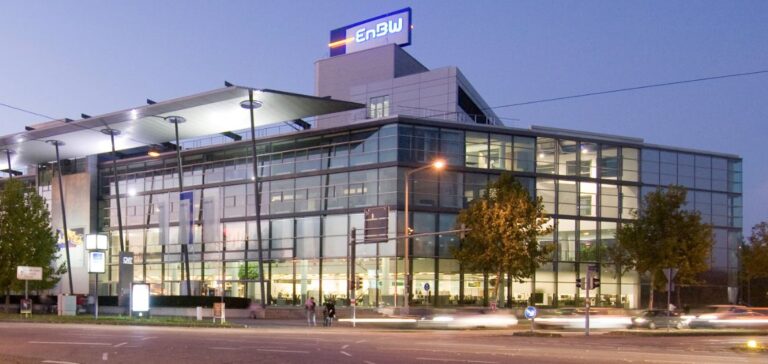After intensive talks with PreussenElektra, the EnBW executive supports the continued operation of Neckarwestheim II and Isar 2. The Minister of Economics of the German Federal Government details the conditions for the extended operation of two nuclear power plants.
Continued operation of nuclear power plants
EnBW will begin preparations for a possible continuation of power generation with Neckarwestheim II beyond December 31, 2022. Operations could continue until April 2023. The government will confirm in early December whether this energy production is necessary to ensure the country’s energy supply in 2023.
The Neckarwestheim II plant will be decommissioned on December 31, 2022. If the government decides that it is not necessary to continue electricity production, the operator will reassemble the reactor core. It will incorporate spent fuel elements to ensure the production of nearly 1.7 billion KWh of electricity.
The return on investment of nuclear power
The operator is particularly optimistic about this investment in Germany’s energy security. In addition, an independent body will supervise the operation of the plants. Georg Stamatelopoulos, Chief Operating Officer of EnBW’s Sustainable Operations, says:
“EnBW always does its best to contribute to the security of Germany’s energy supply. We rely on an experienced team of professionals to do this. We believe that this agreement allows for a favorable benefit-risk balance. Reinvesting the gains in the energy transition is in the best interest of climate change mitigation and security of supply.”
EnBW is committed to investing any profits in energy transition measures. In addition, if GKN II does not come into operation, the state will compensate for the losses. The State could also compensate for losses if the expenses incurred do not cover the benefits of the operation.






















